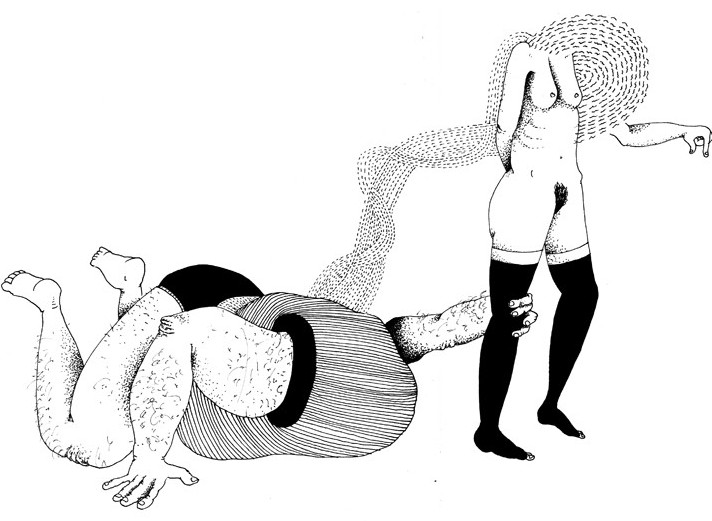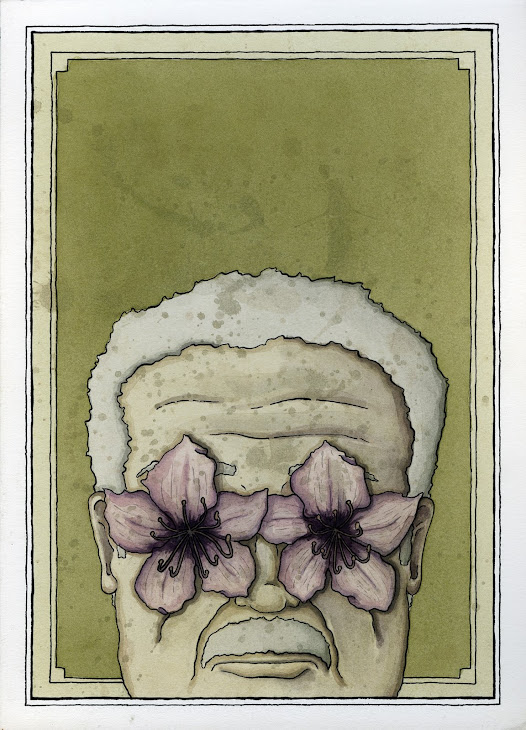"We now understand that along with international movements to save endangered species and the rainforests of the world, it is just as important for us to conserve the diversity of the world's crops for future generations," says Wangari Maathai.
Maathai, a Nobel Peace Prize-winning environmentalist, continues,"The significant public interest in the seed vault project indicates that collectively we are changing the way we think about environmental conservation."
The "seed vault project" to which Maathai is referring is the construction of "The Svalbard Global Seed Vault." The purpose of the Seed Vault is to protect the livelihood of crops and food on Earth by preserving the agricultural biodiversity of hundreds of millions of seeds from hundreds of countries 130 meters deep in an arctic mountain.

WHY?
But, why go to such lengths for biodiversity of seeds? Why do we care if tens, or hundreds, or even thousands of seed genus dissolve into extinction?
We care because biodiversity in seed germs is vital to sustaining the fundamental foodstuffs humanity relies on for its ever-increasing sustenance needs. The fewer types of seeds or seed families within the basic human crop repertoire, the lesser the chance of their survival. This is particularly true during harsh seasons, when facing rapidly evolving diseases, and in the midst of various insect and pest swarms - all which, one might point out, are on the rise.
One of the primary reasons lack of biodiversity is a major blow to seeds, crops, and the foods we consume, is, as with humans, seeds are more robust when they breed across families, as opposed to within their own. Little holes or gaps in one family's DNA that are bound to occur from time to time during DNA replication can be filled in by the DNA of another family that does not possess such gaps, and vice versa. However, by allowing seed family populations to dwindle we will also limit the possibilities of this DNA fix - leaving crops more susceptible to the ills of nature and man, and with it, man to the ills of nature and man.
In addition, according to the Executive Director of the Global Crop Diversity Trust, Cary Fowler, "Crop diversity will soon prove to be our most potent and indispensable resource for addressing climate change, water and energy supply constraints, and for meeting the food needs of a growing population" - all present and worsening threats to human life on a global scale.
Herein Lies the Seeds of a Post-Apocalyptic Human World?
ScienceDaily points out that the Seed Vault not only protects biodiversity for the present day but that "the vault could also prove indispensable for restarting agricultural production at the regional or global level in the wake of a natural or man-made disaster."
That is, in the event of a nuclear holocaust, dino-size meteorite, or supermassive volcano - it is from these very seeds being planted in an iced-over mountain in the Arctic Circle today - a second chance for humankind may one day spring.
Source:
http://www.sciencedaily.com/releases/2008/02/
.jpg)
.jpg)
.jpg)



.jpg)
No comments:
Post a Comment